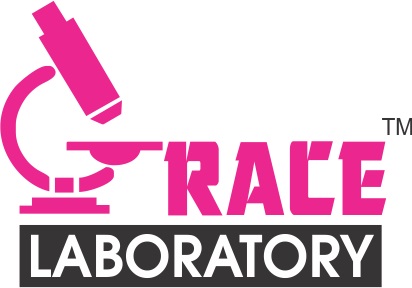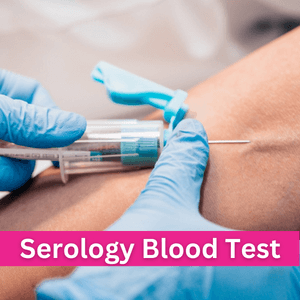What Are Serological Tests?
It is a lab test procedure to check if a blood sample contains antibodies or other substances. Antibodies are the proteins produced by the immune system as a response to the entry of foreign substances or microorganisms, such as a virus, into the body.
Principles Of Serological Tests
Serological diagnosis is typically based either on the demonstration of the difference in :
- the presence of specific Immunoglobulin M antibodies
- an increase in the levels of specific Immunoglobulin G antibodies with the two consecutive samples taken 1–4 weeks apart.
FAQs
1. What does it mean when the serology test results are positive?
Results may be given as titers (levels of antibodies), positive (you have antibodies), or negative (you do not have antibodies).
2. Which is the most common serological test?
The most commonly used serological assays are immunoassays. POC (Point-of-care) tests for antigens and antibodies have become standard for diagnostic usage.
3. What is the procedure for storing a blood sample for a serology test?
The blood must be collected in a serum separator tube (SST). Avoid forcing the blood into the tube, as it can cause hemolysis. Allow the blood to sit for some time to clot.
4. What does a serology test usually cost?
The average cost of a serology test in India is approximately within 1500-3000 INR.






Reviews
There are no reviews yet.